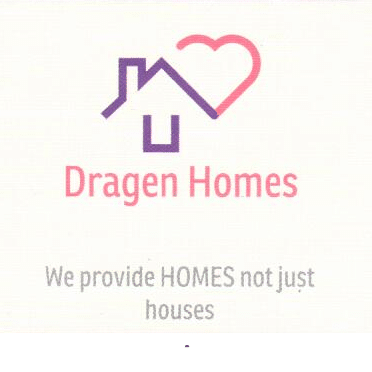Banks can be cautious when lending, especially when the loan is complex, or the business has a low credit rating. For a business that has been turned down for a loan, there are a number of alternative bridging finance lenders that may consider a loan application. A bank is concerned about the credit rating of a company, and a poor credit rating can be the reasons for turning down a loan. Alternative lenders tend to have more flexible lending criteria than banks. If your business is established, has good cash flow and strong security for the loan, then the company should be able to obtain a bridging loan. If cash flow is temporarily slow, perhaps due to low season trading, a lender may agree to a loan if they are convinced cash flow will pick up soon. Lenders need an asset, usually property, as security and the lender wants a clear idea on when and how the bridging loan will be repaid. Bridging funds will generally be available quicker than a bank loan. There is no limit to the value of the loan, provided the security assets cover the loan and the business has the ability to pay the loan back. Loans can also be used for most purposes, even to clear debts or unexpected high tax bills. If your business has been turned down for a loan by the bank, bridging finance brokers may be able to help you find alternative bridging finance.






